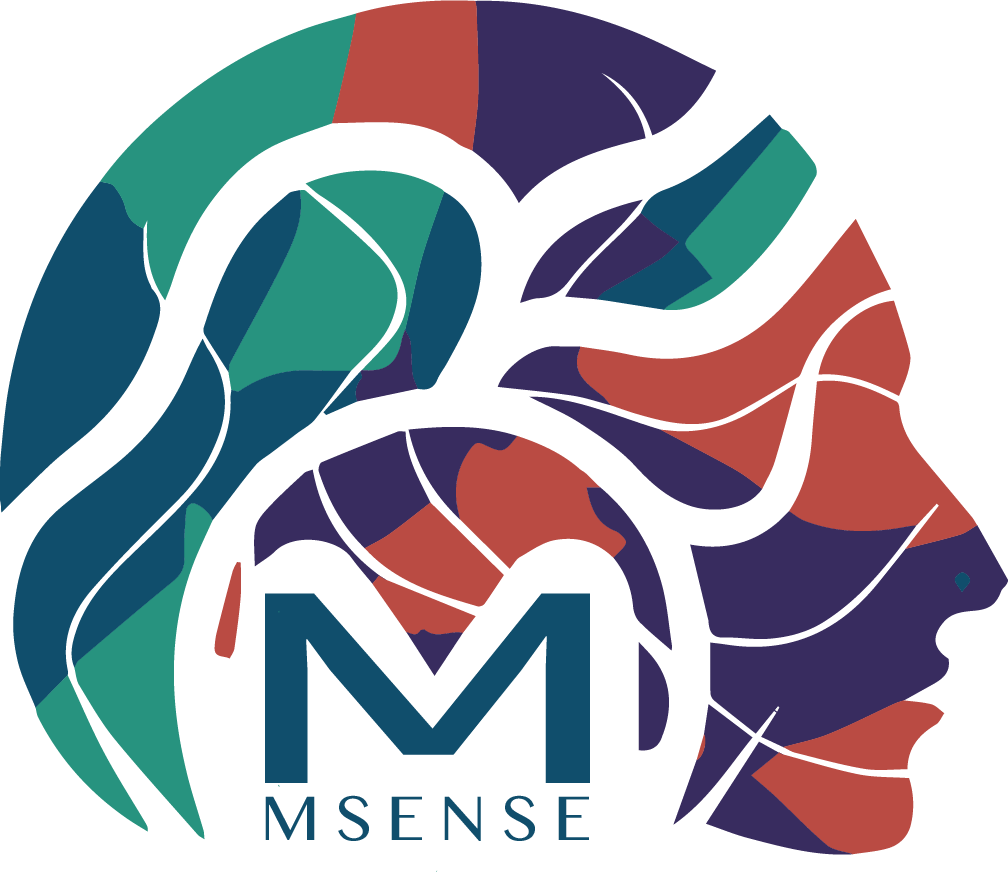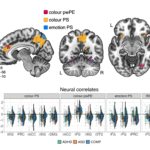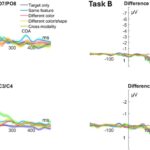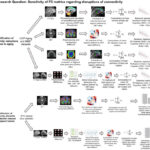Understanding time accurately is vital for many cognitive processes. People’s time estimates often converge around the average when presented with various intervals. Although prior research has noted that interval range affects judgments, the brain processes involved remain unclear. Dr. Baykan and colleagues combined behavioral tests with EEG monitoring to explore how interval range influences time perception accuracy. Participants experienced two scenarios: “blocked-range” (BR), where short and long intervals were separate, and “interleaved-range” (IR), with randomly mixed interval lengths. With blocked short ranges, results showed more precise time estimates, and EEG findings revealed faster and stronger contingent negative variation (CNV) buildup and quicker resolution, along with a heightened P2 component amplitude in BR sessions. These outcomes imply that interval range variability shapes the neural mechanisms of time estimation.

This study is online now in Journal Psychophysiology, https://doi.org/10.1111/psyp.14585.
Baykan, C., Zhu, X., Zinchenko, A., & Shi, Z. (2024). Blocked versus interleaved: How range contexts modulate time perception and its EEG signatures. Psychophysiology, n/a(n/a), e14585. https://doi.org/10.1111/psyp.14585





